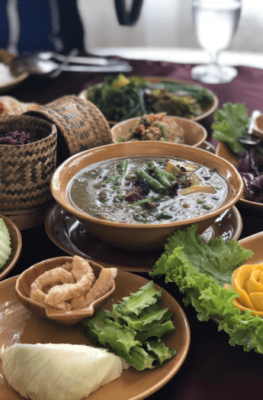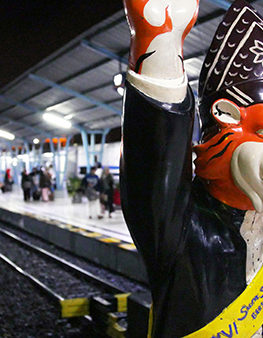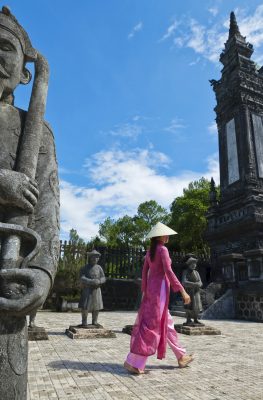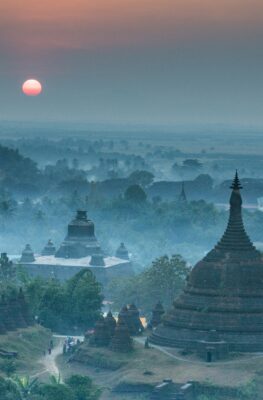Published on June 24, 2014
Ask tourists planning to visit Asia whether they are familiar with ‘water festivals’ and 9 out of ten will spontaneously refer to Thailand, while half of them probably adding a name to it, “Songkran”.
But is it? Is Songkran (or Songgran) a water festival?
Actually, not quite and not only, so let me explain. Songkran really ís a festivity, that’s for sure. It is the name for Thailand’s New Year (and Lao’s popular name for that matter); and, indeed water plays a role in it, though it’s a tiny part of it. What grabs the attention of many a tourist is a blown up spectacle which has at its core a generous, if not superfluous, splashing of water for fun that is part of Thailand’s New Year celebration. Testimony to which is a headline of UK’s Daily Telegraph travel editor:
“The Songkran water festival 2014 will take place from April 13 to 15. Our expert advises on where to join the water fights in Bangkok and around Thailand”
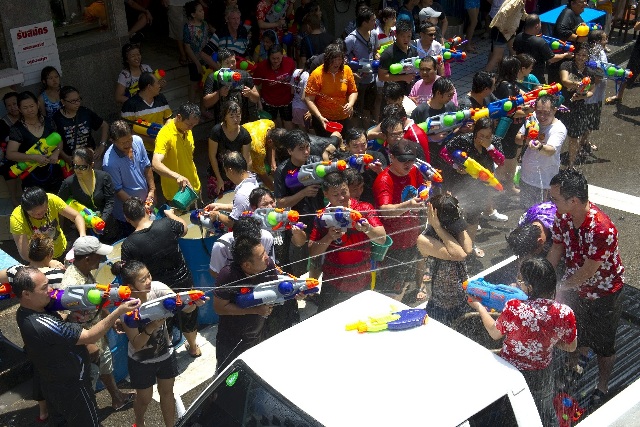
The modern version of Songkran for locals and tourists alike (Thailand)
However, Songkran’s origins go back as far as pre-Buddhist times and stemming from the Dtai people, whose descendants still live in Northern Vietnam as the Tai Dam (aka Black Tai) ethnic minority.
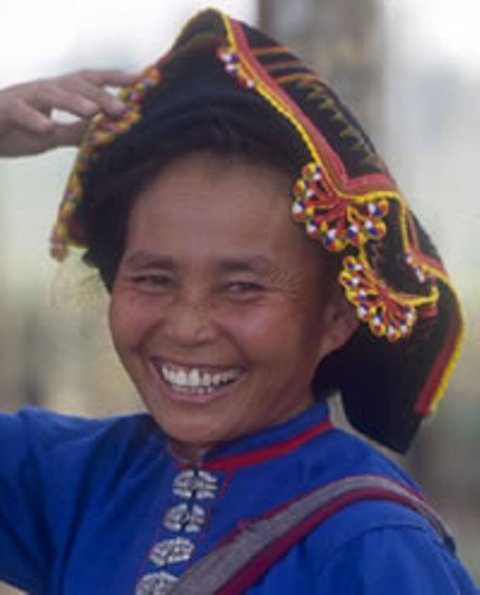
A female member of the Tai Dam (North Vietnam)
Whatever the case, forms of Songkran are found in various countries neighbouring Thailand, coinciding with the advent of the New Year. In Myanmar it is called Thingyan; in Cambodia Chaul Chnam Thmey and in Lao, Phi Mai. All happen during the same period. Some water splattering form part of it as well, but to quite a lesser extent than in Thailand, where it has grown out to a tourism attraction per se.
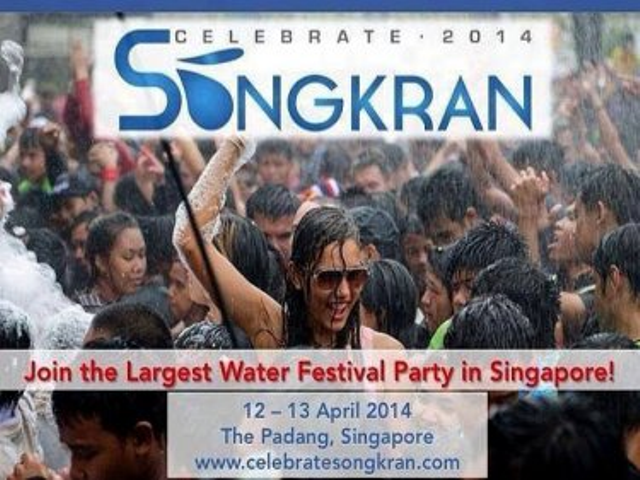
A mock Songkran that never took place (Singapore)
The Philippines also feature a similar water ballet festival, though it’s not related to New Year, but to St. John the Baptist, who in biblical times is known to have baptized Jesus Christ. In honour of him all cities with St. John as patron celebrate this feast.
Having said this, what and how is Songkran celebrating in those countries? Where is this water coming from, what function did or does it have?
Generically speaking it is a tribute to the most important element of the agriculture of South East Asia; by using it to clean property, oneself and others, it symbolises the washing of sins and bad of the past away. Someone wishing you a good new year in times gone by was done by spraying some water perfumed with herbs and flowers over your shoulder, rather than via an oversized water pistol.
More in particular it is used to pay respect to the family elders and other respected people, one of the pillars of Confucius teachings. This custom still prevails in all countries aforementioned. In a gathering of the young and the elder of a family, the water is poured in a large red lacquer ware bowl and put in front of the sitting elder(s), next to time-honoured gifts and flowers. One of the young asks forgiveness for all youngsters for wrongdoings and inapt attitudes during the preceding year. The elder takes some water from the bowl and wipes it over the sides of his head, stating blessings for the New Year to the young members. After that they all proceed to the temple, led by the elder(s) for a ‘life extending’ ceremony.
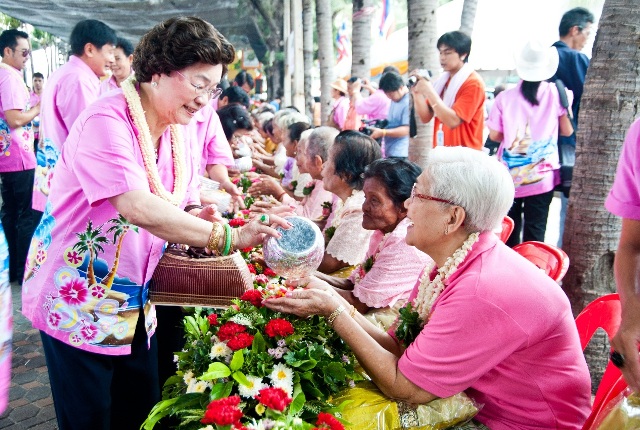
The traditional version of Songkran, still widely celebrated
Thus, two different Songkran’s co-exist, for most happily together; though as a tourist it’s worthwhile to attend both, if only to grasp the cultural meaning behind a grandiose water festival. Being blessed for the New Year by means of a few drops of fragrant water would certainly balance the experience of being soaked by buckets of chilled water.
If that even doesn’t drench your thirst, why not attend some of the other South East Asia’s water and maritime related festivals, such as Indonesia’s International Maritime Festival; Cambodia’s Festival of Water and Full Moon Salutation; Singapore’s International Water Festival; Malaysia’s Labuan Sea Challenge or Brunei’s Bonn Om Tour Water Festival, to mention a few that might be topics in country specific Festival articles featured later this year.
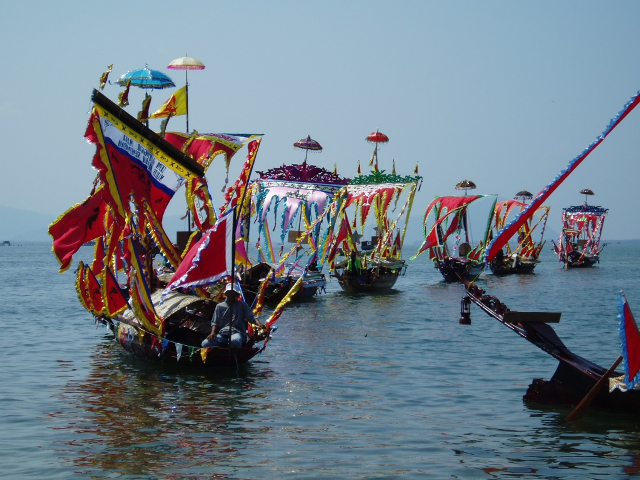
Luban, Malaysia, Sea Challenge Festival
Sources: Websites of ASEAN National Tourism Organizations; Wikipedia; Daily Telegraph (UK) and Straits Times (Singapore)



